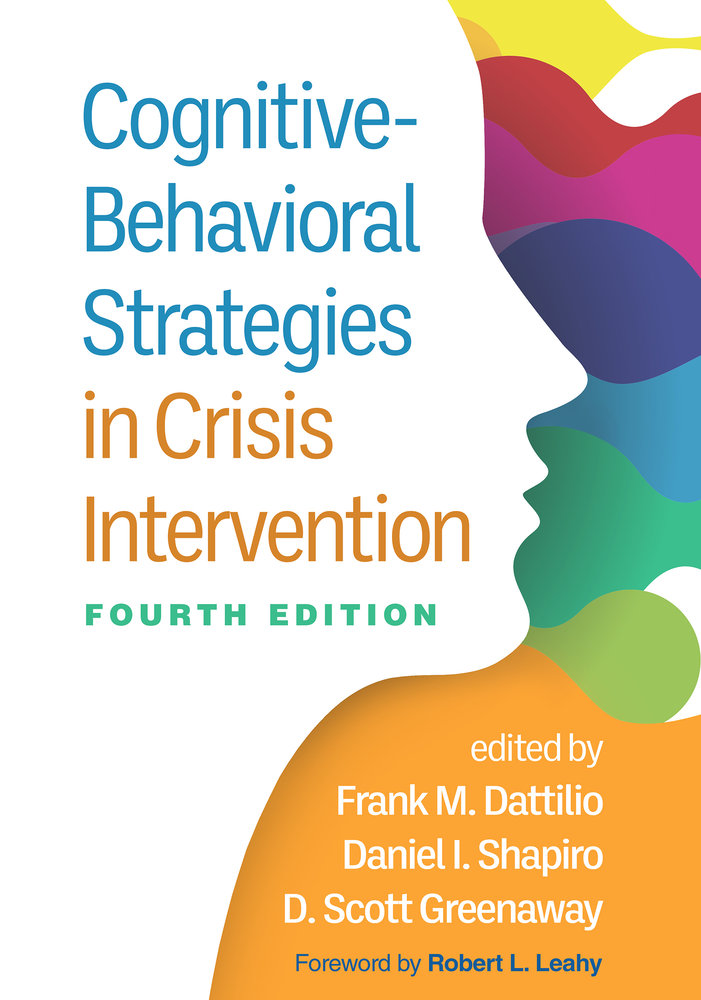The most comprehensive guide to cognitive-behavioral therapy (CBT) with clients in crisis is now in a significantly revised fourth edition with 75% new material. Over 15 years of clinical and research advances are reflected in fully updated chapters on evidence-based brief strategies for helping people cope in highly stressful situations. From leading experts, the book addresses suicide prevention, crises related to mental and physical health problems, child and family crises, and exposure to disasters and mass or community violence. Vivid case material illustrates what the interventions look like in action and how to tailor them to individual clients' needs.
New to This Edition
*Chapter on clinician self-care.
*Chapters on managing the involuntary hospitalization process, working with psychosis in inpatient settings, intervening with clients at risk for mass violence, and more.
*Chapters retained from the prior edition are all updated or rewritten to incorporate current data, clinical strategies, and assessment tools.
*All of the case examples are new.


